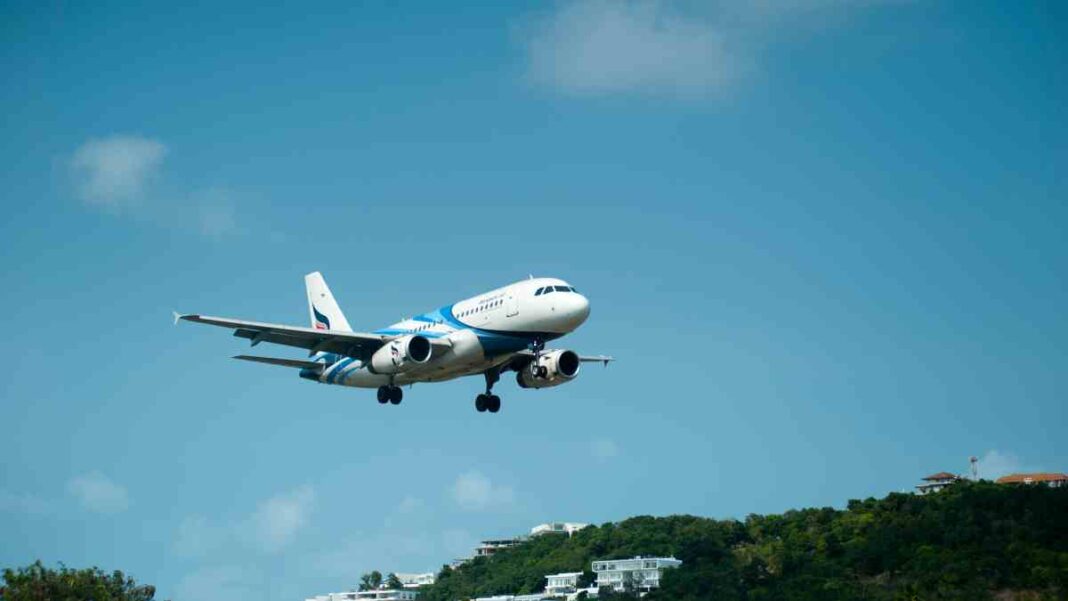UNITED KINGDOM: According to new documents, aviation chiefs have rejected measures to reduce the global warming brought on by jet vapour trails, which evidence indicates account for more than half of the aviation sector’s climate impact.
In documents sent to the government, the industry said that the science wasn’t “robust” enough to support goals for reducing these non-CO2 emissions. One scientist says that the industry is using a “typical climate denialist strategy” and that people have known for more than 20 years that contrails affect the climate. Scientists say the effect of vapour trails on the climate has been known for more than two decades.
Although jet engine carbon emissions contribute to global warming, research indicates that the contrails produced when water vapour and soot particles freeze have a more significant effect. These man-made clouds prevent heat from escaping into space by retaining it in the atmosphere.
In documents acquired by openDemocracy, lobbying on vapour trails reveals the lack of agreement among airline executives, scientists, and carbon-offsetting websites regarding the precise climate effect of flying. It implies that those who want to lessen the effect of their flights on the environment will pay significantly more.
The historic effect of aviation on the climate was estimated by the Intergovernmental Panel on Climate Change to be two to four times greater than the impact of its CO2 emissions alone in a special report published in 1999. The EU said that its 2020 study had “significant uncertainties.” It also found that non-CO2 aircraft emissions, especially contrails, warmed the planet twice as much as carbon dioxide emissions from aircraft.
Airlines are using a “typical climate denialist strategy,” according to Massachusetts Institute of Technology climate scientist Milan Klöwer, by exaggerating the degree of uncertainty surrounding non-CO2 effects.
He said: “Even in the best case, they roughly double the effect of CO2 emissions on the climate.”
According to the aviation industry’s responses to the government’s 2021 consultation for its “jet zero” strategy of achieving net-zero carbon emissions, more research is needed to understand the effects of non-CO2 impacts.
Airlines UK, the trade body for UK-registered airlines, said: “The science is not yet robust enough to form reduction targets.” It is still too early to develop and put rules in place to lessen the effects of contrails, according to Ryanair and Wizz Air.
Also Read: 9 Indian States Joins the Top List of Climate Risk



